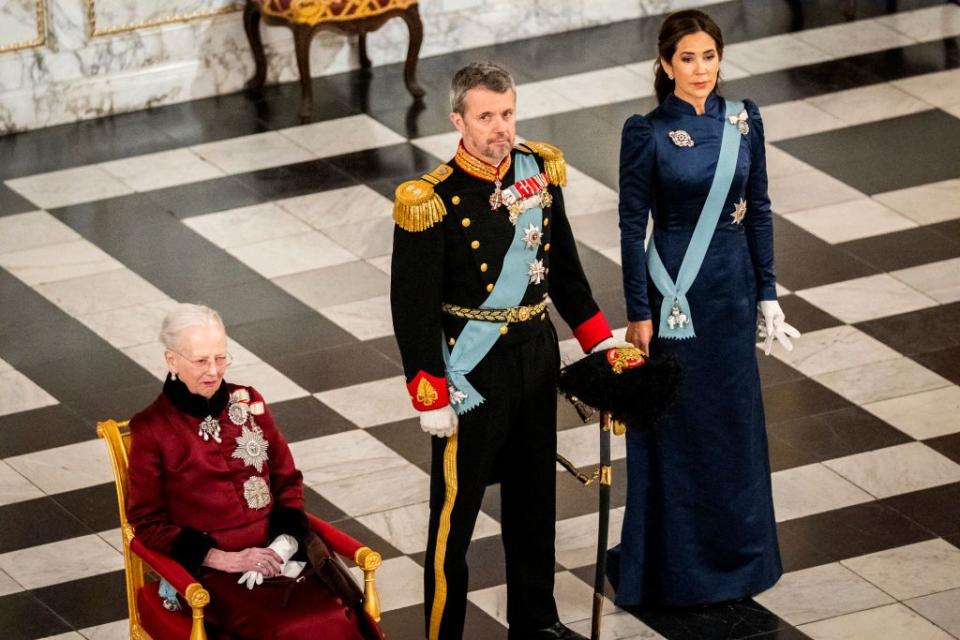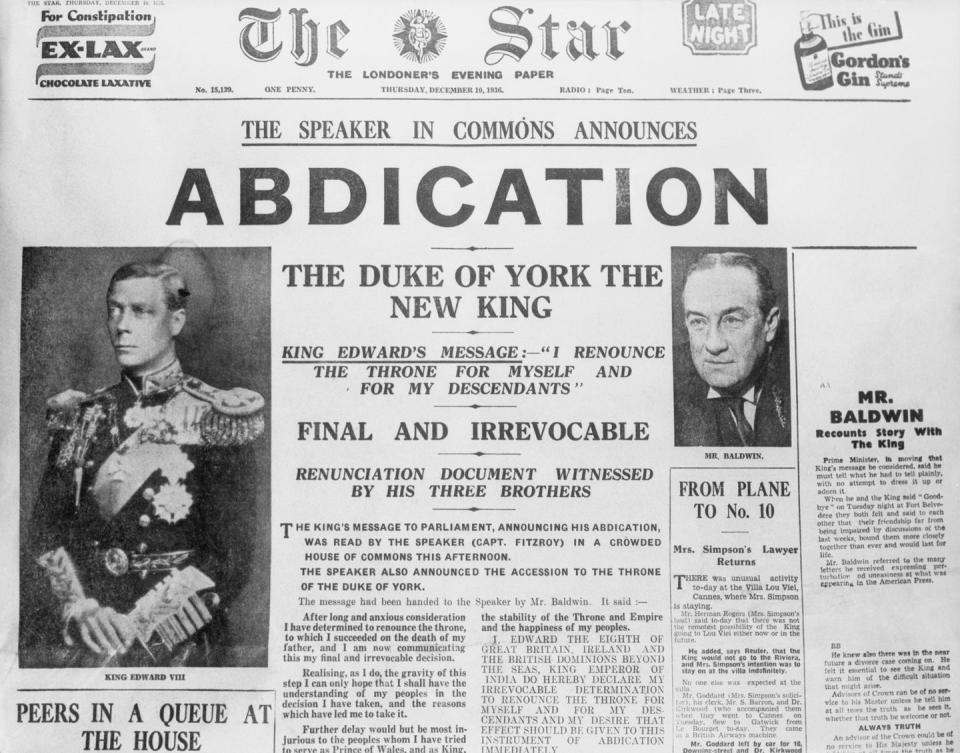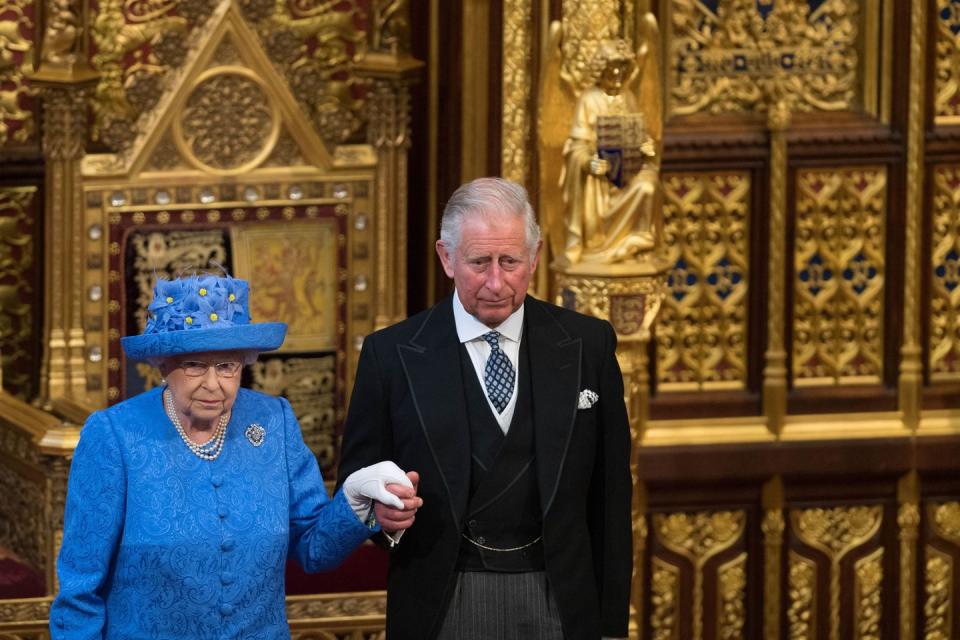Will King Charles Ever Abdicate Like Queen Margrethe II of Denmark?
When Queen Margrethe II of Denmark announced this week that she was abdicating at the age of 83 in favor of her son, the news was received by many with surprise. With rumors continuing to swirl that the decision is partly motivated by bolstering the state of her son’s marriage, the popular Queen is now preparing to hand over to Crown Prince Frederik and his wife Mary in less than two weeks.
The timing of the news may have generated particular speculation, but the decision to abdicate in advancing years is now far from unprecedented within European monarchies. It is normal practice in the Netherlands, with Queen Beatrix of the Netherlands the latest to abdicate in 2013 before her 75th birthday in favor of her son Willem-Alexander. The same year, Belgian’s King Albert II announced his abdication after 20 years, saying his health was no longer good enough to fulfill his duties. And Spain’s King Juan Carlos also abdicated in 2014, albeit after being plagued by months of scandal.

With Margrethe’s decision looking like it could set the tone in Denmark for a pragmatic approach to handing over in advancing years, many in Britain may wonder whether our monarchy will also ever begin to follow suit. King Charles is now 75 years old. If he reigns until his death and lives as long as his mother, Prince William will be in his 60s when he comes to the throne, and so on and so on. While Queen Elizabeth II famously pledged hers was a “job for life,” has the time now come for a rethink on realistic expectations of this duty?
“Denmark caught everyone by surprise because Queen Margrethe said she would never abdicate,” said Managing Editor of Majesty Magazine, Joe Little. “But clearly age and her recuperation from extensive back surgery has led her to make this decision. So you can never say never. But I still think that in Buckingham Palace, abdication is not a word that is bandied around because of the damage the 1936 abdication caused.”

Indeed, while the Dutch may regard it purely as a rite of passage, the optics of abdication in Britain remain tied up with events that rocked the monarchy to its core. After Edward VIII abdicated, Queen Elizabeth was acutely aware of the damage her father King George VI was left to rebuild with the public. With abdication so associated with instability, rebranding it as securing the future is a bigger stretch.
While Queen Elizabeth did not approve of abdication, the end of her own reign saw the question of what was sensible increasingly come to the fore. Unable to carry out her duties in her final years, she handed over much in all but name to her son. Her death ended speculation about how long such a system would go on for, but no-one knows what turns King Charles’s reign will take.

“I think Charles follows his mother’s reasoning in many ways,” said Joe Little. “At the moment it doesn’t make sense to compare him to monarchs of a similar age who have been on the throne for decades as his reign is still new and he is in good health.” But, he added, “We can’t know what would happen if his health were to deteriorate.”
Speculation has now started over whether the 77-year-old King Carl XVI Gustaf of Sweden or the 86-year-old King Harald V of Norway could be the next Nordic monarch to abdicate. King Harald has said he never will. But as Queen Margrethe has shown us this week, these things can change.
You Might Also Like


